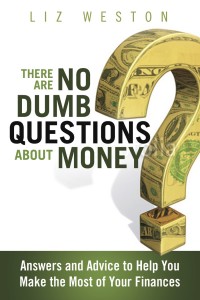Dear Liz: Every so often your column mentions an organization that lists financial planners that are fee-only. I cannot find this information on your site. Please keep mentioning this in your column.
Answer: You can get referrals to fee-only planners who charge by the hour at www.garrettplanningnetwork.com. If you’re looking for fee-only planners who charge a retainer or a percentage of assets, you’ll find those at
